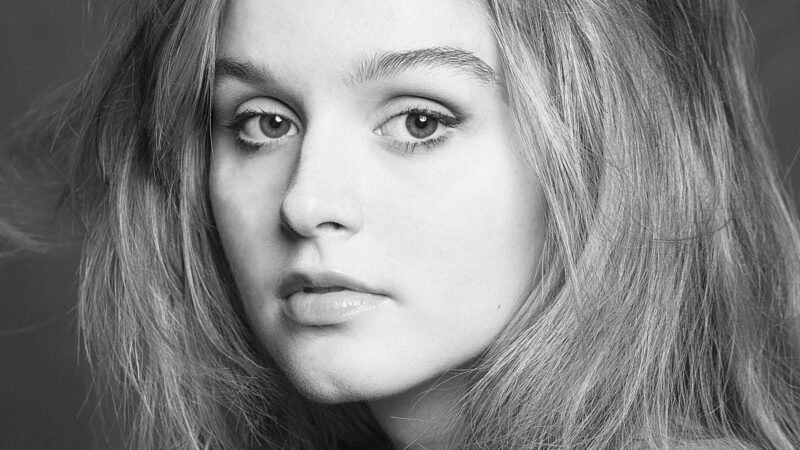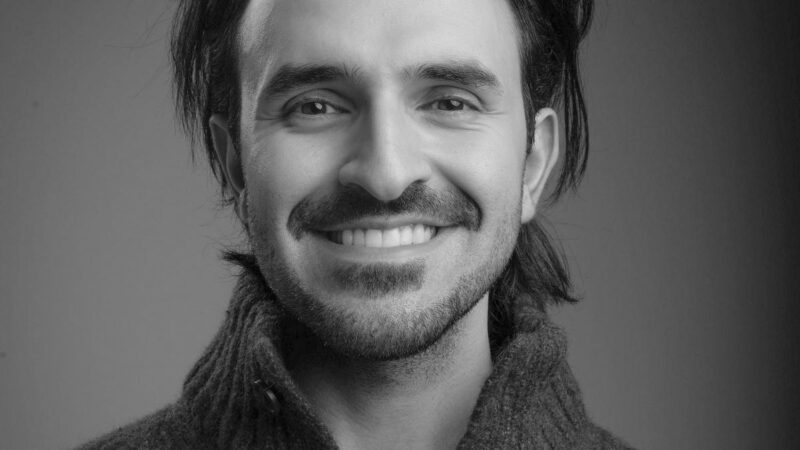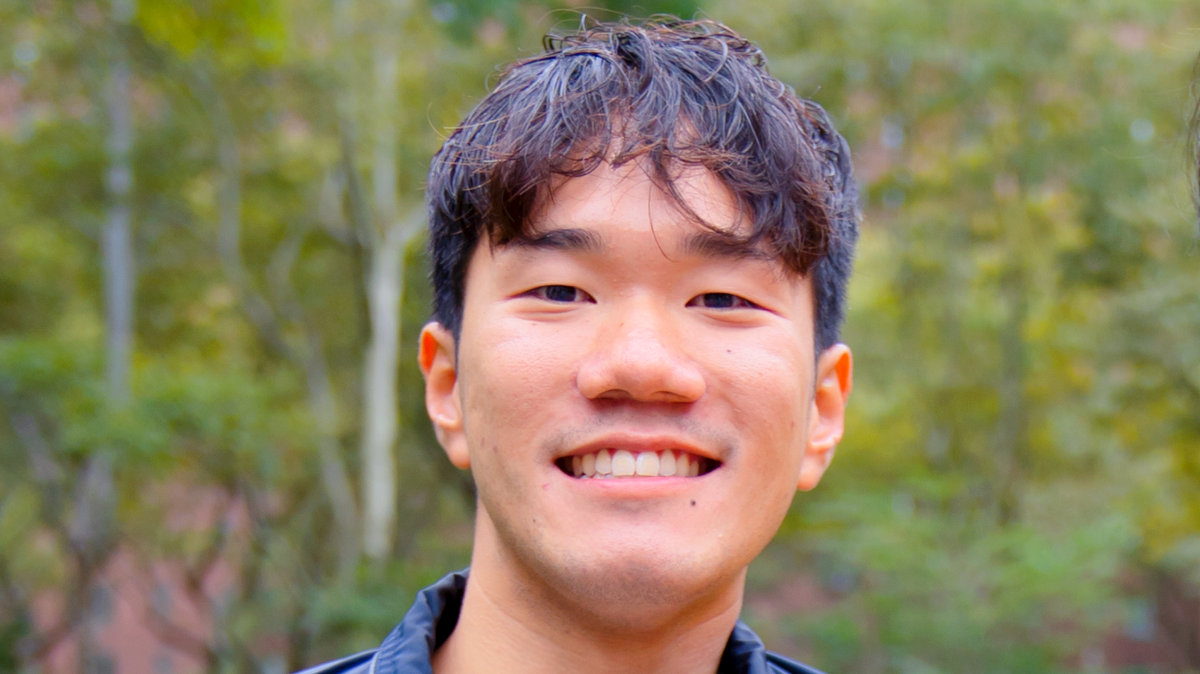
Fred Seo had his first taste of filmmaking abroad. He made travel videos on a GoPro while studying in Spain. That experience led him to film school at NYU, where everyone starts as a writer and director. “I loved channeling my personal experiences into stories, bringing them to life on camera with actors”, says Fred. He continues, “I would say my style of filmmaking is an in depth look at human relationships. That stem from my most intimate and vulnerable experiences”.
indieactivity: Do you hire a casting director, or cast yourself? If so, what criteria go into your casting?
Fred Seo (FS): I did have a casting director/producers help me compile candidates. But I do like to be involved in the auditioning process. The biggest criteria for this casting choice was whether the actors could perform the ages depicted in the characters. I also want to see how receptive they are to feedback. And how willing they are to bring in new ideas.
What went into the casting process for 20s.30s.?
Fred Seo (FS): The protagonist Tae was played by my best friend Sung Chul Choi. Who was attached from the very start of the project. He and I met in Korea after our military service. And have been since working on projects together at NYU ever since we returned to school from the pandemic. He’s an acting major and I’m a film major. So we used to joke around about being the next Martin Scorsese, and De Niro duo called Sung N Seo.
Logline: As graduation nears, Tae must find a way to secure both his architecture career in the U.S. as well as his unconventional long-distance relationship in Korea.
The Official Trailer for 20s.30s written and directed by Fred Seo
The other two roles went through an extensive search on Backstage and Breakdown Express. But we had a hard time finding a candidate who could perform Joo Hee. Because of the age and Korean fluency required. My producer Yiwen Qian recommended to me Junae Won. Who is also an acting student at NYU. She brought on a phenomenal performance that transcended her age-I think. For Nala I had an actress attached prior. But, she was part of SAG-AFTRA, so we couldn’t bring her on into a non-union film.
Yiwen was able to refer me to Matilde Silva. Another NYU student, who had an incredible understanding of the character. And the story world, along with such wonderful expressions on camera. We were very proud to keep this project “in house” and feature all NYU talent.
Without giving anything away, tell us a little bit about the script, how did you come up with the idea?
Fred Seo (FS): The story is inspired from my own previous long distance relationship where I had learned the most about myself and my previous partner who was 10 years older. After it ended I knew I wanted to look back and capture the lessons I had learned because I was so thankful for the experience.
The idea was to capture two people with different romantic ideals and expectations because of their age and innocence, or lack thereof, and how they arrive at opposite ends through the course of being apart from one another. It certainly was a growing moment for the boy Tae who realizes what it means to be responsible about his commitment to a romantic partner.
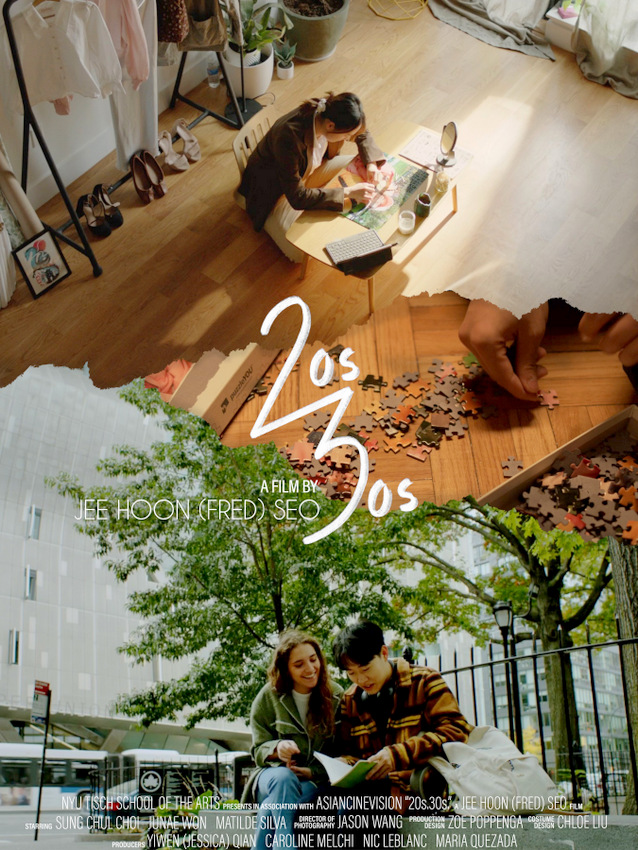
Who is 20s.30s. for? Who do you think would enjoy it the most?
Fred Seo (FS): I think 20s.30s. is for anyone who has been in an unexpected/unconventional relationship. Romance can spring from anywhere and they are a means to find out more about yourself as you undergo a shared experience with someone intimate. I think people who have strong opinions of love will feel most challenged and be able to interact with the film.
How long did it take to shoot the entire film?
Fred Seo (FS): The production process took 3 full shoot days, but 5 months of preparation in development/pre-production that started over summer break. I was incredibly proud of how committed my team was in starting this as a passion project during their time off from school.
When we got to school there was already so much momentum and synergy built up that translated over to set. We had one particularly difficult day where we misplaced lighting gels, left two lamps at home, and found out we weren’t allowed to hang stuff on the walls of our location.
We had to stall for time by flipping the schedule, creating a new lighting design, and picking up the lamps while we found a way to fight against gravity to get our production design in frame for the camera. Our team improvised stupendously and our actors were able to perform with the tight time constraints/takes that we managed to blast our way through the schedule and get back on track to wrap on time.
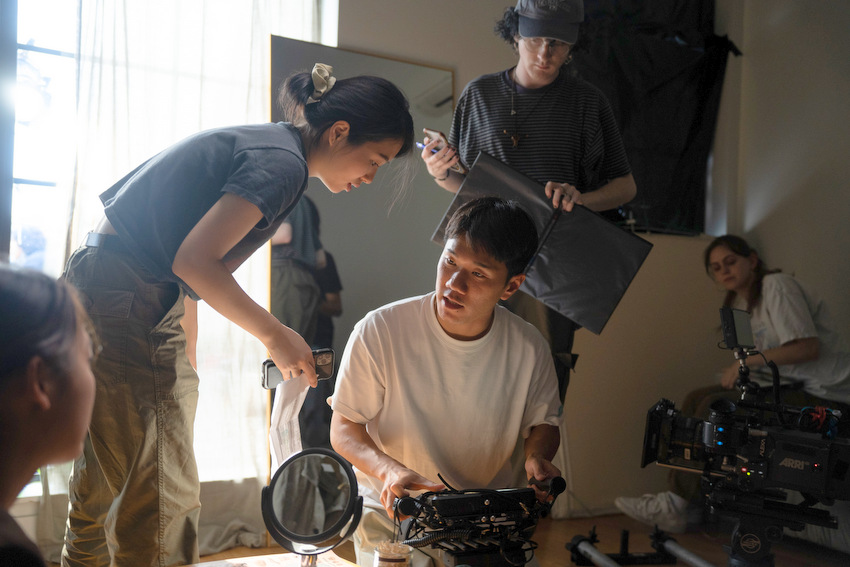
What was the post-production process like?
Fred Seo (FS): My editor and I were buddies that met through surfing at Rockaway beach in New York. We’d talked about the project months prior to production, and he was the only person I wanted to edit this film with even though he was Scottish and based in the UK. We had several zoom meetings back and forth as we tried to get over the language barrier and time difference, and while it wasn’t the most convenient way to work I found it to be so rewarding in the end.
Same with the score, I envisioned a guitar based melody like Good Will Hunting, which is one of my favorite films, and my composer and I created samples months before the production. In the post process we were able to refine the tunes and the most climactic score sort of reminded me of the score from the Last of US!
The film had a lot of talent working behind the scenes as DPs, sound designers, composers, etc. Why is diversity important both in front of and behind the camera?
Fred Seo (FS): We had an amazing team of diverse talent, mostly college students but also recent graduates. I really wanted to showcase what kind of original talent my peers possess, especially those that come from international backgrounds like myself. Having diversity in representation not only allowed for us to invite new ideas into the production but also created a sense of inclusion and community within the team.
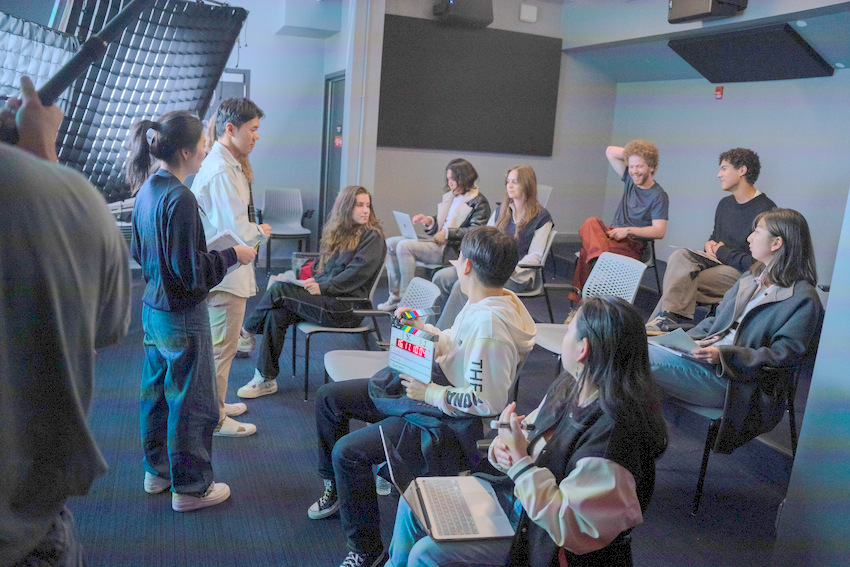
What are your goals with “20s 30s”?
Fred Seo (FS): When I started this project I had the goal of creating a piece of work that would allow me to gain recognition as a filmmaker in order to apply for the O-1 Artist Visa after graduating from college in order to stay in the U.S. Obviously I would love for it to gain as much exposure in the festival circuit first before sharing it publicly online through a platform like Nownessi.
What’s next for you? What are you working on right now?
Fred Seo (FS): This project was almost a practice run for me as I gear up for my thesis film this fall at NYU. It is more of a Korean family drama that takes a look at an ancestral rite called JESA – a traditional ritual honoring one’s ancestors in Korea. It is a sacred practice that celebrates family, yet at the same time there is an underlying sense of patriarchy and sacrifice that the females, most notably the daughter in law, must undergo.
I want to capture this idea of a boy witnessing for the first time how his mother is taken for granted and how she sacrifices herself in order to keep the harmony of a family.
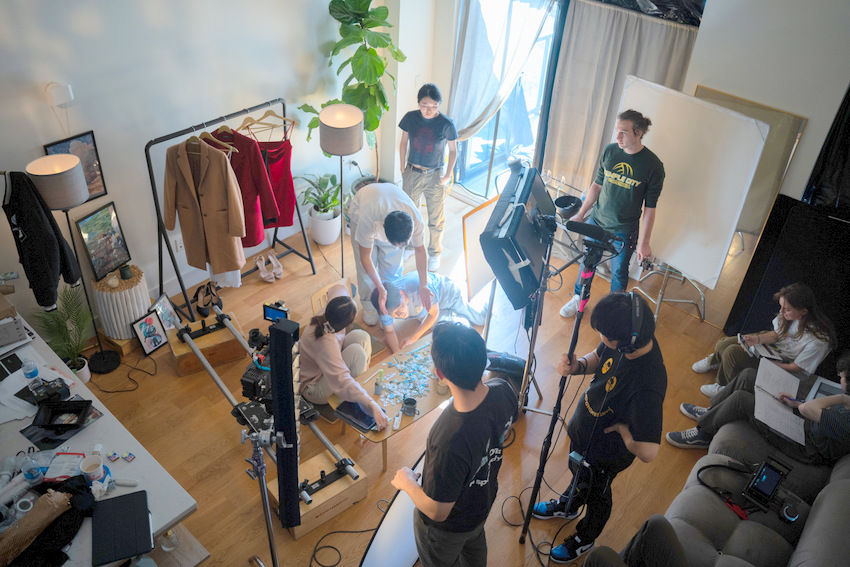
What would you recommend to a new director at the beginning of his/ her journey? Any special courses, workshops, helpful books they can read?
Fred Seo (FS): I think the biggest challenge of writing/directing is knowing what story you want to tell, or what emotion/idea/message you want to share with the rest of the world. Once you have that, it can fuel your decisions and passion for the rest of the actual problem solving. I found Masterclass courses very helpful (Aaron Sorkin, Martin Scorcese, Shonda Rhimes) because they present rules to the art that lets us understand how dramatic storytelling works.
Who is your favorite director? Why?
Fred Seo (FS): Christopher Nolan. He is able to command the scope and scale of major blockbuster films while harnessing the very best elements of story and cinema: suspense, character, twists, world building, etc.
What advice would you give directors around the world?
Fred Seo (FS): Keep making amazing art that only you can do!
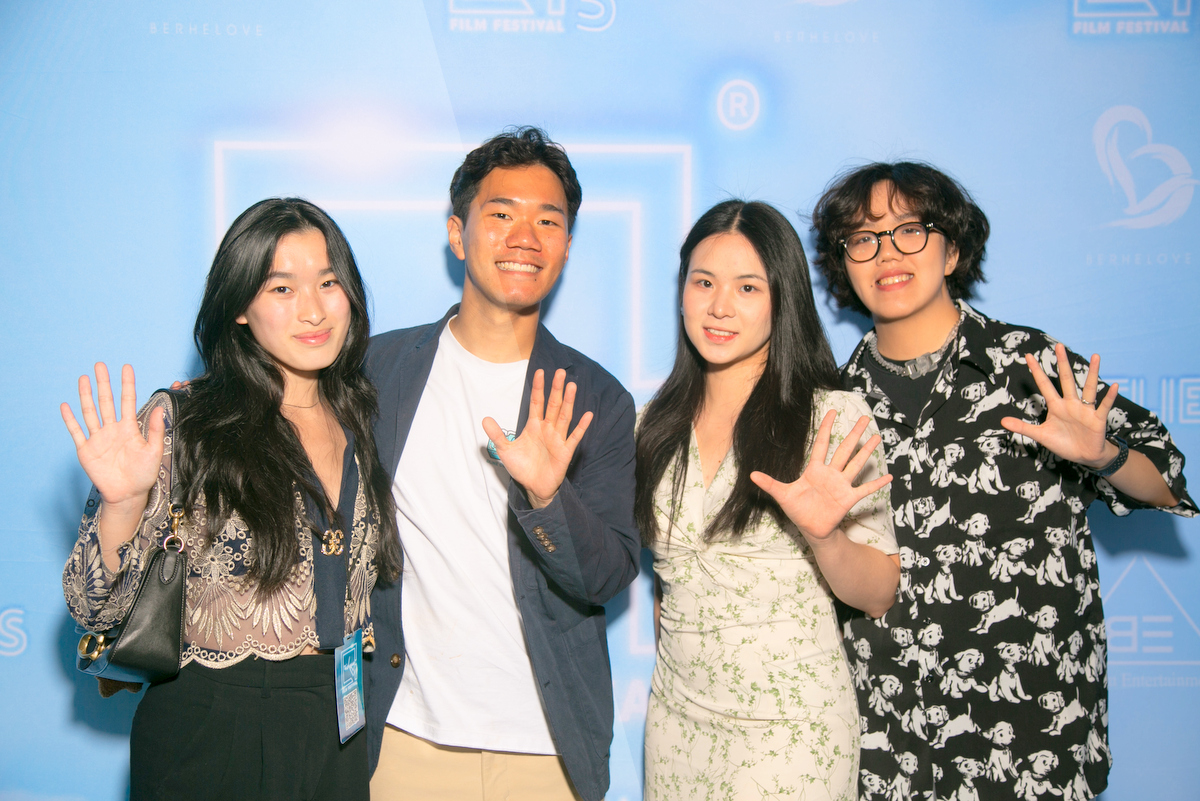
Tell us what you think of the interview with Fred Seo. What do you think of it? What ideas did you get? Do you have any suggestions? Or did it help you? Let’s have your comments below and/or on Facebook, Instagram, or Twitter.
Socials
Website
Twitter
Instagram
YouTube
FILMMAKER INTERVIEWS

